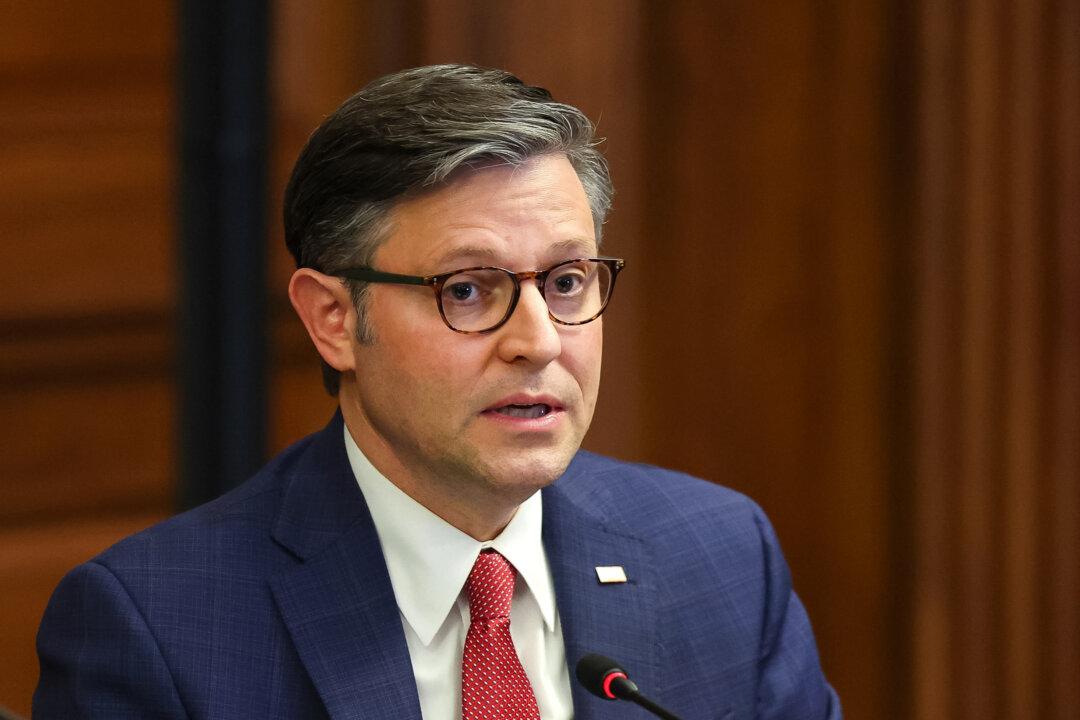House Speaker Mike Johnson (R-La.) said on Feb. 6 that funding for Ukraine has “not been abandoned,” but questions for the Biden administration linger.
This development comes as the House GOP has raised issues with the $118.3 billion bipartisan Senate supplemental bill. The bill includes $60 billion in funding for Ukraine amid its war with Russia and $14.1 billion for Israel amid its latest conflict with terrorist group Hamas. It also incorporates immigration and border measures that have been points of contention for congressional Republicans. Mr. Johnson has stated that the supplemental is dead on arrival in the House.





